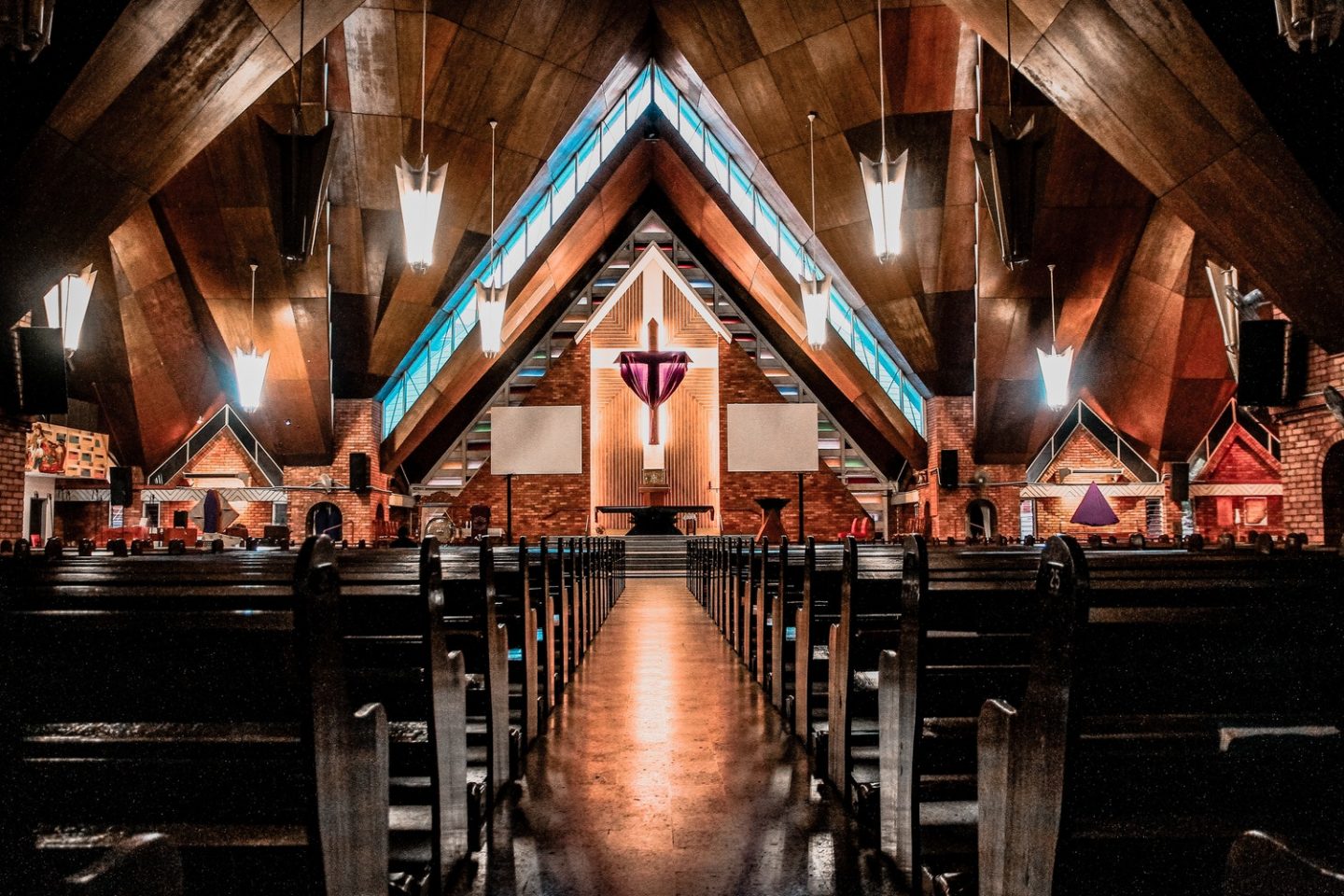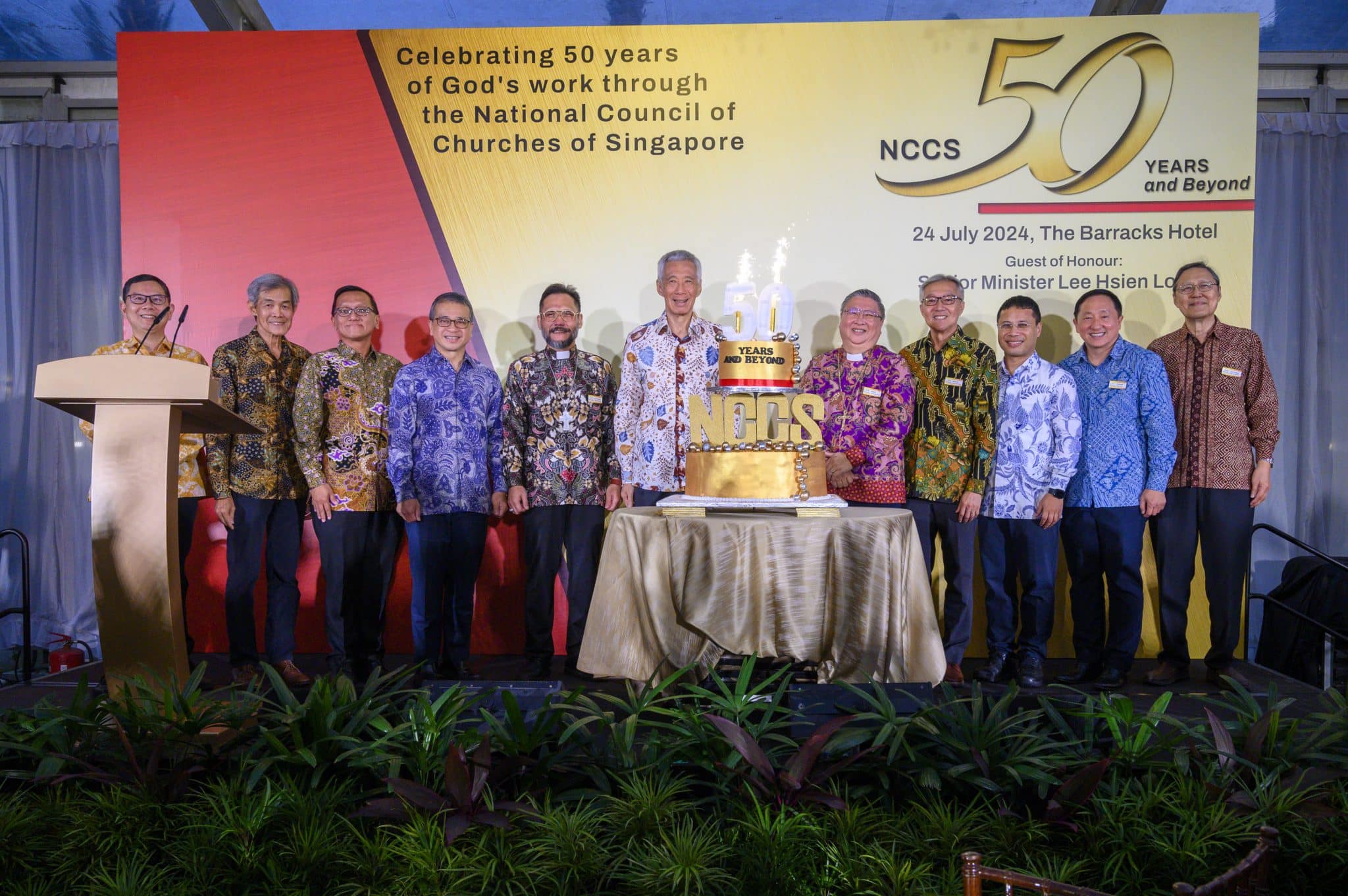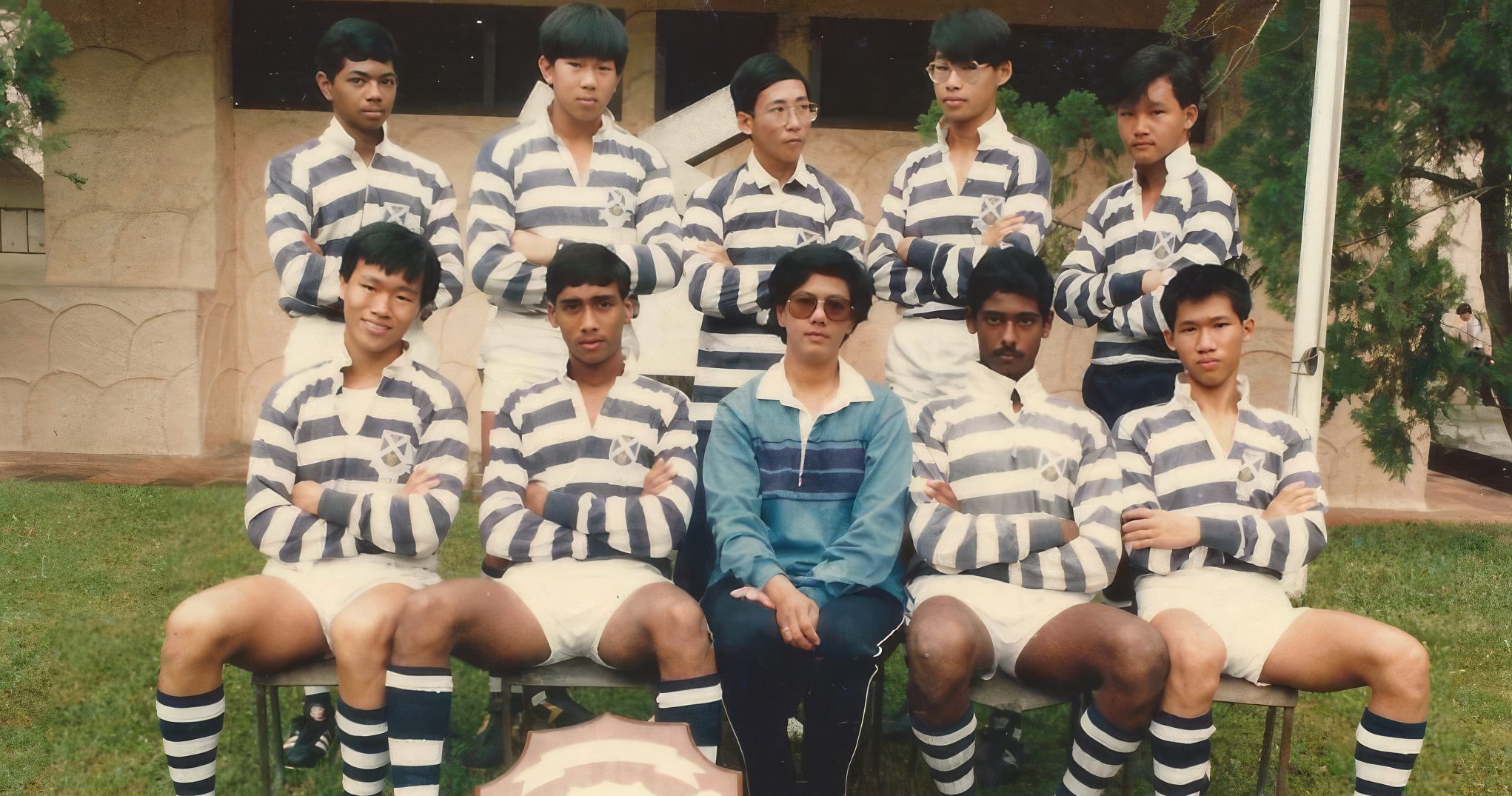Church bodies in Singapore issue advisories on need to keep Section 377A
Salt&Light // September 13, 2018, 11:22 pm

A church in Singapore.
The decision by India’s Supreme Court to strike down laws criminalising consensual gay sex has led to a court challenge against the equivalent statute in Singapore’s Penal Code, Section 377A.
This has led to competing petitions calling for signatories in favour of keeping and repealing 377A, respectively. An independent Ipsos Public Affairs survey showed that 55% of respondents support the statute, compared to 12% who oppose it.
Home Affairs and Law Minister K Shanmugam noted that Singaporeans remain “deeply split” on the matter, but reiterated that the majority of Singaporeans are opposed to removing it. “This issue relates to social mores, values – so can you impose viewpoints on a majority when it so closely relates to a social value system?”
Prominent government officials like Ambassador-At-Large Professor Tommy Koh and Chief of Government Communications Janadas Devan have voiced out their personal endorsement of repealing the law.
Various associations representing the churches here released statements this week emphasising the importance of keeping Section 377A as a “moral marker” in Singapore.
NCCS: Decisions for Singapore should not be influenced by global trends
The National Council of Churches of Singapore, cautioned of the Singapore following down the “slippery slope” of other countries which have legalised same-sex marriages, which “would lead to undesirable moral and social consequences”.
“The institutions of marriage and family are indispensable for the wellbeing of the future generation and the flourishing of our society.”
“The NCCS does not support the repeal of 377A. The Council therefore agrees with the 2014 ruling of the apex court concerning the constitutionality of section 377A and supports the government’s decision to retain it,” the Council said in a statement issued on September 13.
The Council emphasised the importance that any decision made in Singapore should not be influenced by domestic pressures or global trends. It called for prayers for the government to act in the long-term interest of the people of Singapore and for the common good.
“Above all, the Council urges Christians to pray that God will protect the institutions of marriage and family because they are indispensable for the wellbeing of the future generation and the flourishing of our society,” said the NCCS.
APCCS: Traditional family values are the building blocks of Singapore
“While many cosmopolitan cities have prided themselves on their quick adaptation of popular views and culture, Singapore is a nation that remains unique in its strong preservation of family values – including its view on marriage as a union between a man and a woman,” said Rev Dominic Yeo, Chairman of the Alliance of the Pentecostal-Charismatic Churches of Singapore.
“It is our shared value that families form the fabric of Singapore’s society – the strength of our society lies within the strength of our families.”
“Singapore is a nation that remains unique in its strong preservation of family values.”
In the statement circulated online, Rev Yeo noted that laws have been established to guard the sanctity of marriage and to build the family unit, citing the example of how the government provides subsidised housing to encourage the starting of families.
“We stand firm on the position that Section 377A should remain as part of the Penal Code of Singapore. When viewed in relation to Sections 375 through 377C, Section 377A serves a broader purpose of setting a moral position with regard to sexual activities and relationships, and in turn strengthen the social fabric of society.
“While our position may be viewed as ‘conservative’ or ‘outdated,’ the church remains committed to upholding and promoting traditional family values that are the building blocks of our nation.”
Diocese of Singapore: Section 377A is a boundary-stone marker for morality
In a pastoral advisory, the Diocese of Singapore noted that legal and parliamentary challenges had upheld Section 377A to be constitutional and needful.
In the statement issued on September 12, the Anglican Church cited the Supreme Court’s decision in October 2014 to uphold that Section 377A is constitutional, as well as Prime Minister Lee Hsien Loong’s statements in the Parliamentary Debate in October 2007 explaining why the Government would retain Section 377A in the Penal Code but not enforce it.
“The Diocese, together with the National Council of Churches of Singapore, supports the Government’s carefully calibrated position on this,” it said.
“Remain respectful of persons with different views. Do not make disparaging remarks about anyone. Let your conduct be governed by love.”
The Diocese said it was “heartening” that the Government’s recent Penal Code Review did not recommend any change to Section 377A.
“It is timely for us to reaffirm that we want Section 377A to remain. Section 377A is a boundary-stone marker for what Singapore society wants to hold as normative in its moral framework and in how people conduct themselves in the public square. 377A is a moral marker consonant with fostering strong families for the long-term well-being of our nation.”
The Church also urged for a respectful, civil, loving posture among Christians when discussing the matter.
“Remain respectful of persons with different views. Do not make disparaging remarks about anyone. Let your conduct be governed by love and ‘let your speech always be gracious, seasoned with salt’ (Colossians 4:6),” it said in the statement.
“Pray fervently. Pray that the Church will learn and grow in its ministry to same-sex attracted persons. And pray for the ‘shalom’ – the total well-being – of Singapore (Jeremiah 29:7).”
We are an independent, non-profit organisation that relies on the generosity of our readers, such as yourself, to continue serving the kingdom. Every dollar donated goes directly back into our editorial coverage.
Would you consider partnering with us in our kingdom work by supporting us financially, either as a one-off donation, or a recurring pledge?
Support Salt&Light


